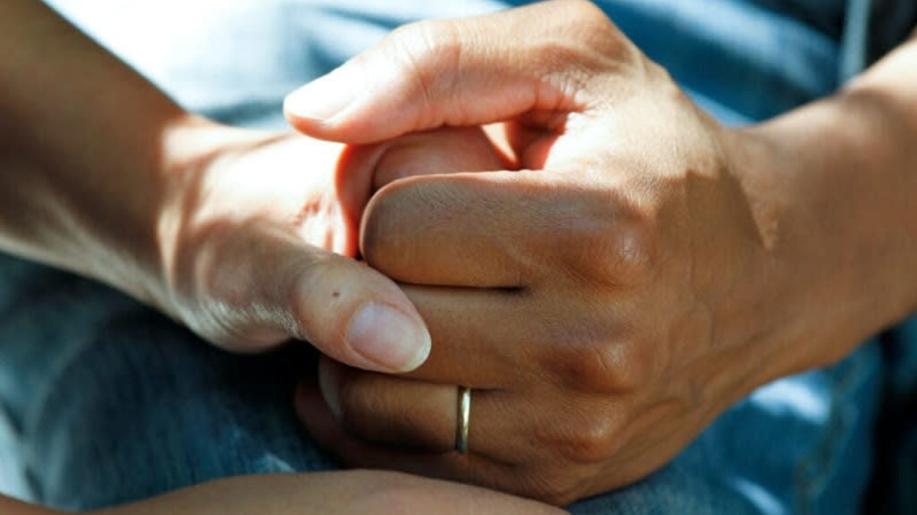Enabling future-fit work for all: beyond green jobs and (un)just transition
A new policy brief by the EEB argues that the EU's approach to work within the just transition and European Green Deal is narrow and outdated. The EU must go beyond the green economy and decarbonisation of male-dominated sectors to include everyone contributing to a sustainable future. Working time reduction and job guarantee schemes could help drive the change, writes Andreas Budiman.
To achieve the European Green Deal (EDG) and the principles of the European Pillar of Social Rights (EPSR), the EU needs to transform its economy far and deep. According to the new EEB policy brief, the roots of this change lie in a different approach to work.
Employment, as it exists, is not fit for purpose. It undermines human wellbeing, aggravates inequalities and speeds up ecological collapse. A better way forward exists. By changing how we perceive work and what types of work society values, we can use it to build a sustainable wellbeing economy.
A system that fails society and nature
Our economic system is an endless treadmill: the markets demand growing production to keep people employed, and work gets entangled in the meaningless growth mania.
However, this growth does not benefit those who contribute to it the most. In fact, real wages in Europe keep falling, and working conditions have worsened. Zero-hour contracts, bogus self-employment, unpaid internships, and undeclared work are increasingly common.
The fact that the "treadmill" undermines the wellbeing of people and the social value of jobs stays largely neglected. This happens as the EU keeps living as if there were 2.8 planets and using 25% of the world's material resources whilst not meeting essential social aims, exemplified by the gender gap and persistent inequalities.
Leaving most people behind
The European Green Deal is meant to transform Europe into a fairer, more prosperous, sustainable and resilient society while leaving no one behind. The EDG focuses on 'future-proof' jobs in the mobility, energy, construction, agriculture, and finance sectors.
This pursuit is supported by the Just Transition Mechanism, the European Social Fund Plus, the Social Climate Fund and the non-binding Council Recommendation. Whilst all these initiatives are necessary, they lack a holistic vision and framework for a sustainable and inclusive transition.
Limiting green jobs to select sectors leaves many people out, such as those providing low-carbon services such as care, healthcare and essential public services that form the bedrock of a healthy and cohesive society.
Moreover, a truly just transition would require that jobs are decent, but within the EU's proposals, there is no guarantee of this. This is worrying as the necessary expansion of renewables should not come with poor working conditions, low wages and denial of the right to organise.
The narrow focus of a just transition on specific regions and industries (e.g. coal) mainly benefits men. This focus lacks a gender-sensitive approach and aggravates disparities, as women currently account for only 22% of transport, 32% of energy and 10% of construction workers in the EU. Women are also regularly underrepresented in new renewable energy projects, limiting their active participation and involvement in the energy transition.
Making the just transition and the EGD work for everyone requires rethinking work in Europe more broadly.
Rerooting the just transition
The just transition was first used by labour unions in the US to protect workers of high-polluting industries impacted by climate policies. Similar framing persists to this day.
Applying the just transition concept to select regions, sectors and social groups fails to integrate wider social and climate justice concerns, such as the distribution of benefits and burdens or social inclusion. This is why we need to reroot the just transition in a new approach to work and recognise justice as an essential part of the process.
The understanding of work within the EGD and the just transition should expand to (1) enable the creation of meaningful and decent jobs, (2) make existing jobs future-fit and (3) better recognise all jobs that contribute to the wellbeing of our society and nature.
The EU needs to broaden its vision and initiatives linked to the just transition by including other sectors affected by decarbonisation while dismantling the dependency of work on infinite economic growth.
A real transition is about supporting coal miners but also women in renewables, young people in agroecology, people with migrant backgrounds in care sectors and Roma communities in the circular economy.
Two tools could be particularly helpful for making future-fit jobs work for all: working time reduction (WTR) and job guarantee (JG) schemes.
Less work for more life
Achieving a sustainable future does not require us to work more but to work less. This can be achieved by introducing policies focused on working time reduction (WTR).
WTR refers to a collectively agreed reduction of time spent at work and can take many forms, such as shorter workweeks, more paid holidays or early retirement.
It can help achieve EDG goals by providing people with extra flexibility to live more sustainability, for example, by cooking at home instead of ordering food. Working less also means reduced office use, yielding massive energy savings.
